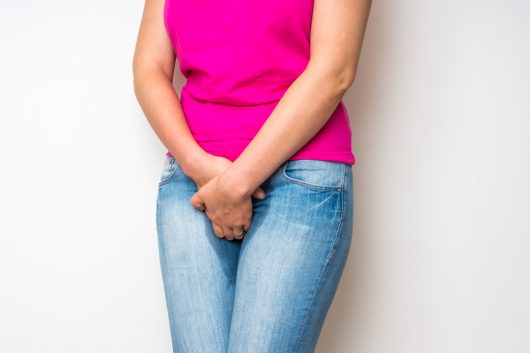Urinary Incontinence Treatment in Malaysia 2018 / 2019
There are a number of healthcare professionals in Malaysia that specialise in the area of continence which can make it confusing to work out who you should see to treat your problem. This post outlines the different types of healthcare professionals and their role / area of expertise. It also provides some tips on how to approach your first appointment with a healthcare professional.

General practitioner
General practitioners (GP) can assess, diagnose and treat incontinence. GPs have varying levels of knowledge on incontinence. They may therefore choose to refer you to a continence health professional rather than diagnose and treat your condition themselves, which is an equally effective and in some cases better, option.
If you are seen by a continence health professional it is important to involve your GP in your care. This is as they possess good knowledge of your health history, including any medical conditions, surgery or medications you may have or be on, which may pre-dispose you to developing incontinence.
If you are embarrassed to speak to your GP about bladder or bowel weakness try and tie it in to a regular health check or Pap smear or prostate examination. You should also discuss the management of other conditions such as asthma, diabetes, obesity and arthritis to reduce their impact on your incontinence.
Pharmacist
Pharmacists can offer advice on medications that may cause or aggravate incontinence. They may also be able to provide you with continence product advice, free information resources and the details of local continence service providers.
Gynaecologist
A gynecologist is a doctor who specialises in preventing and treating illnesses of the female reproductive organs. If you are incontinent, your general practitioner may refer you to a specialist, such as a gynaecologist, to discuss treatment that may improve your condition.
Related: Laser Treatment for Female Incontinence
A gynecologist is a doctor who specialises in preventing and treating illnesses of the female reproductive organs. If you are incontinent, your general practitioner may refer you to a specialist, such as a gynaecologist, to discuss treatment that may improve your condition.
Related: Laser Treatment for Female Incontinence
Urologists
Urologists are combined medical and surgical specialists who treat men and women with kidney, bladder and urinary problems. Urologists also care for men's sexual and reproductive health.
Urogynaecologist
A urogynaecologist is a fully trained gynaecologist who has undertaken further advanced specialist training to deal with the complexities of vaginal prolapse and types of bladder dysfunction including urinary incontinence.
Urologists are combined medical and surgical specialists who treat men and women with kidney, bladder and urinary problems. Urologists also care for men's sexual and reproductive health.
Urogynaecologist
A urogynaecologist is a fully trained gynaecologist who has undertaken further advanced specialist training to deal with the complexities of vaginal prolapse and types of bladder dysfunction including urinary incontinence.
Geriatrician
Geriatricians are doctors who specialise in providing medical care for elderly persons. Rather than focus solely on disease detection and cure, they also deal with the social and rehabilitative aspects of an elderly person's health.
Gastroenterologist
Gastroenterologists specialise in gastrointestinal diseases and are able to investigate the causes and contributing factors to severe bowel dysfunction.
Colorectal surgeon
Once a person has visited a gastroenterologist and investigations suggest a diagnosis of severe rectal dysfunction the physician may refer the client to a colorectal surgeon. Colorectal surgeons have skills in surgical techniques designed to correct mechanical bowel dysfunction that contributes to constipation.
Next Step?
If you wish to speak to a healthcare professional or need more information, please feel free to contact us.
Related searches:
Hymenoplasty surgery in Malaysia, Labiaplasty procedure, Thermiva rejuvenation procedure, Femilift laser, Thermiva results, Thermiva side effects, Thermiva malaysia, Femilift malaysia, What is thermiva, Vaginal Rejuvenation in Kuala Lumpur, Rawatan Laser Faraj


.png)


.jpg)



Comments